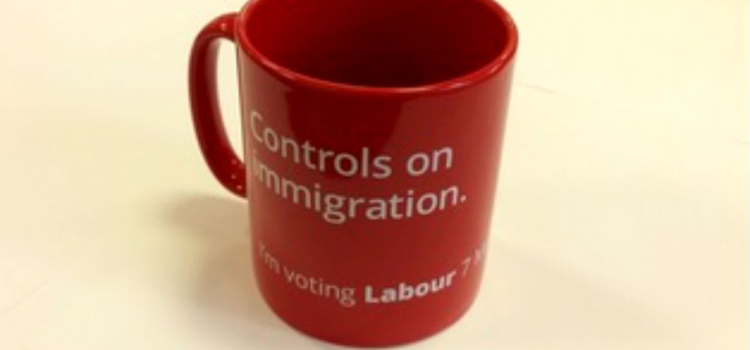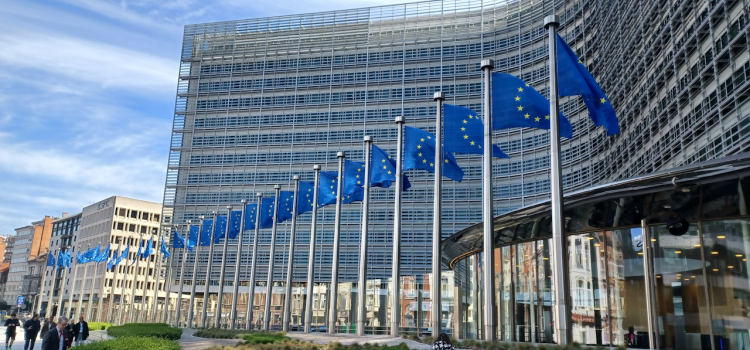The Congress Political Speaker this year, was Sir Kier Starmer. The text of his speech is available from the Labour Press Office; like Corbyn he is not a great orator but that skill is exceptionally rare in today’s parliament. I feel the speech was tuned for a GMB audience, but no harm in that, provided the commitments offered are genuine, and not part of “I’ll say what it takes to win” strategy, although you’d have look very hard to find any new promises.
The video of his speech starts here, on YouTube. After the speech, GMB Congress asked each region to pose a question to Sir Kier. This year questions were posed on, the new deal for workers, the minimum wage specifically in social care industry, plans for energy industry infrastructure manufacture, plans for in-sourcing, public procurement and anti union firms, the blocking of new offshore mining licences, and finally, the regulation off hire & fire especially by firms in dispute with their union, but interestingly, despite a CEC special report on pubic sector pay, nothing on public sector pay nor on the public sector disputes,
The issue of the politics of energy supply and the GMB was fore-shadowed in an article in the Guardian, where Gary Smith, the GS, strongly criticised Labour’s plans to ban new North Sea drilling licences, in what might be called a “shot across the bows”.

Smith is quoted in the article as saying,
“We are critical friends of the Labour party and I think this is just a lack of intellectual rigour and thinking about where they have got to on oil and gas,” he said on Sophie Ridge On Sunday on Sky News. “They are focusing on what they think is popular rather than doing the proper thinking to understand what is right for the country.”
Below/overleaf I have posted the video of the Q&A session, and written a précis of the session. … …








